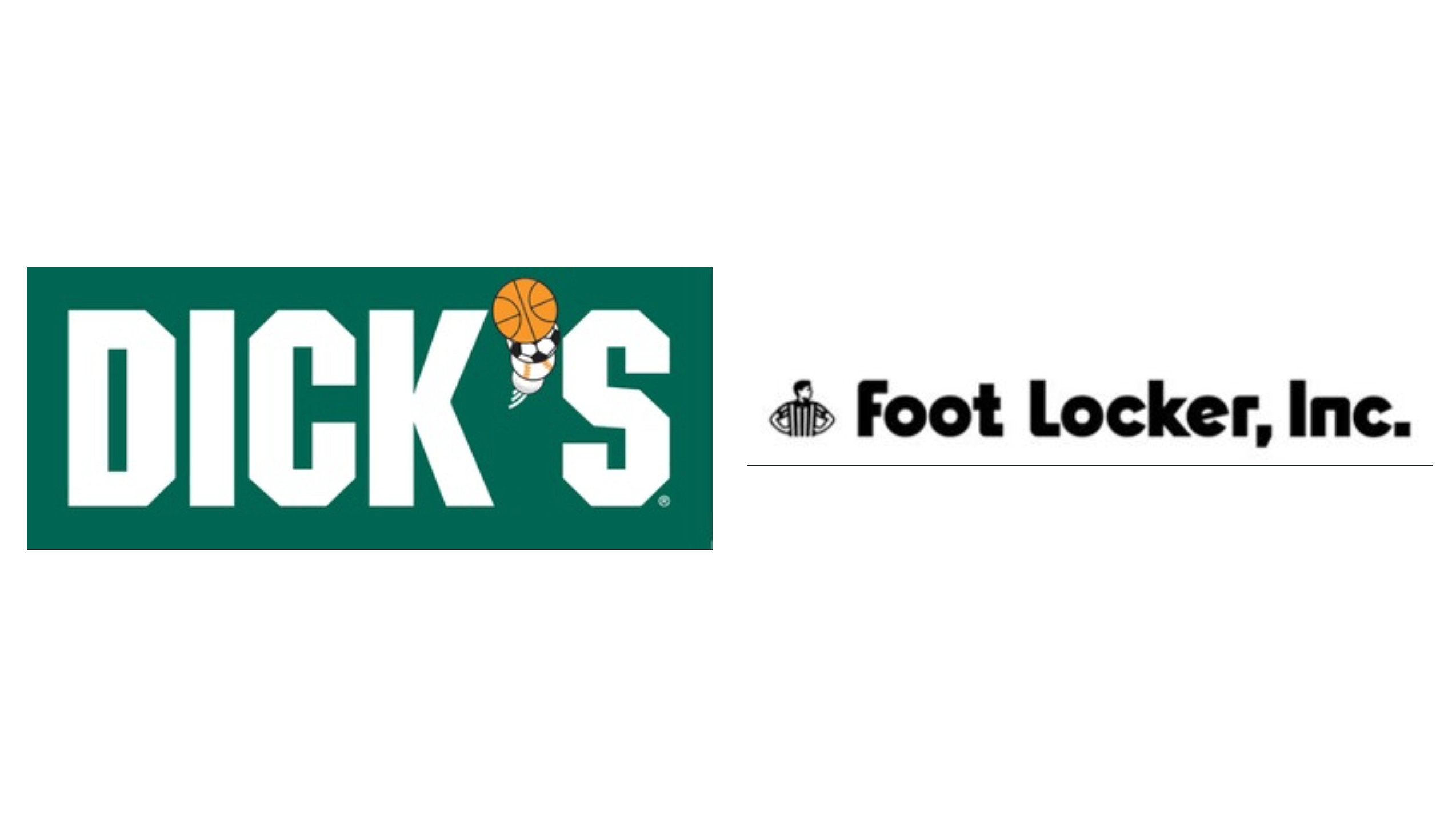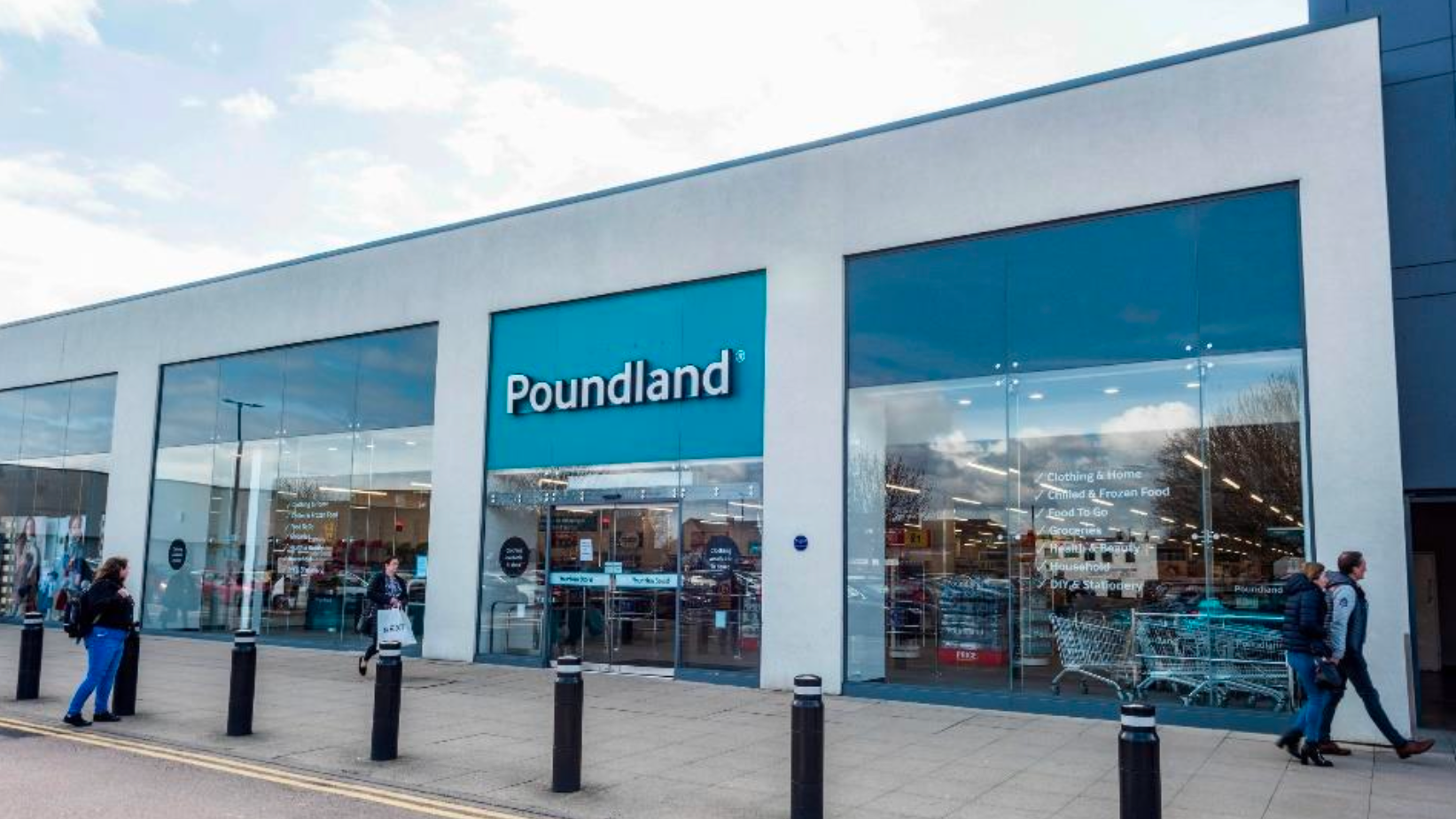Walmart has been ordered to pay over $222 million to Zest Labs after allegedly stealing trade secrets relating to the start-up's expiry date technology.
Zest Fresh Solution, created in 2017, aims to reduce food waste by predicting the expiry date of food based on a complex process of combining and analysing data from every stage of the supply chain.
The technology promises to help reduce food waste by billions of dollars while helping the environment.
During the same year, Zest shared details of its trade secret Zest Fresh Process with Walmart under a non-disclosure agreement, with the expectation that the US retail giant would implement it across all of its stores.
However, during a federal court in Arkansas last week, Zest presented evidence which suggested that Walmart had gone from customer to competitor when it secretly planned to develop its own competing technology using Zest's trade secrets and ultimately filed a secret patent on Zest's technology.
A unanimous jury awarded Zest $222 million, including $72.7 million in compensatory damages and $150 million in punitive damages against Walmart.
According to court documents, the jury found that Walmart’s conduct was “wilful and malicious”, convincing the jury “to issue a strong multi-million-dollar deterrent message to companies like Walmart who might contemplate stealing the trade secrets of other small companies.”
The Arkansas jury's decision comes after a years-long-running legal battle between Walmart and Zest.
Zest Labs originally filed a civil lawsuit against Walmart in 2018, with a jury awarding Zest Labs $115 million in a verdict handed down three years later.
A federal judge in Arkansas then granted Walmart's request for a new trial at the end of 2023, after finding that Zest Labs had concealed relevant evidence in the original trial.
Commenting on the news, Gary Metzger Ryan, manager at Zest Labs, said: “We are so appreciative of the jury’s courageous verdict, awarding a total of $222 million, which is more than Zest had requested.”
He went on to say that Walmart’s misuse of its trade secret that hindered the company’s ability to achieve the necessary scale to make a substantial impact.
Ryan added: “This legal victory is a small but crucial triumph for small businesses that often face exploitation by larger corporations, robbing them of the opportunity to bring their innovative solutions to the market, it marks a significant step toward ensuring justice and fair play in the business world.”
The verdict represents one of the largest verdicts in Arkansas history and likely the highest trade secret verdict in the history of the state, according Bartko Pavia LLP, the firm that represented Zest Labs.
“We strongly disagree with the verdict and believe it’s not supported by the facts, “Walmart said in a statement. “Zest Lab’s unethical behaviour has compromised the integrity of this case from the start.
“We expect our suppliers to uphold the highest ethical standards and will continue to advocate for fairness and justice.”
Latest News
-
Tesco makes ‘significant strides’ on safety through body worn cameras
-
Flying Tiger Copenhagen appoints new group chief executive
-
Walgreens cuts over 600 jobs after buyout
-
Mango opens first store in Limerick as part of expansion plan
-
eBay and Etsy to buy Depop for $1.2bn
-
REWE opens automated fresh food facility to serve Berlin outlets
Beyond Channels: Redefining retail with Unified Commerce
This Retail Systems fireside chat with Nikki Baird, Vice President, Strategy & Product at Aptos will explore how unified commerce strategies enable retailers to tear down these barriers and unlock new levels of operational agility and customer satisfaction.
The future of self-checkout: Building a system that works for consumers and retailers
In this webinar, industry leaders discussed what the future of self-checkout looks like and how retailers can make the technology work for everyone.
© 2024 Perspective Publishing Privacy & Cookies










Recent Stories